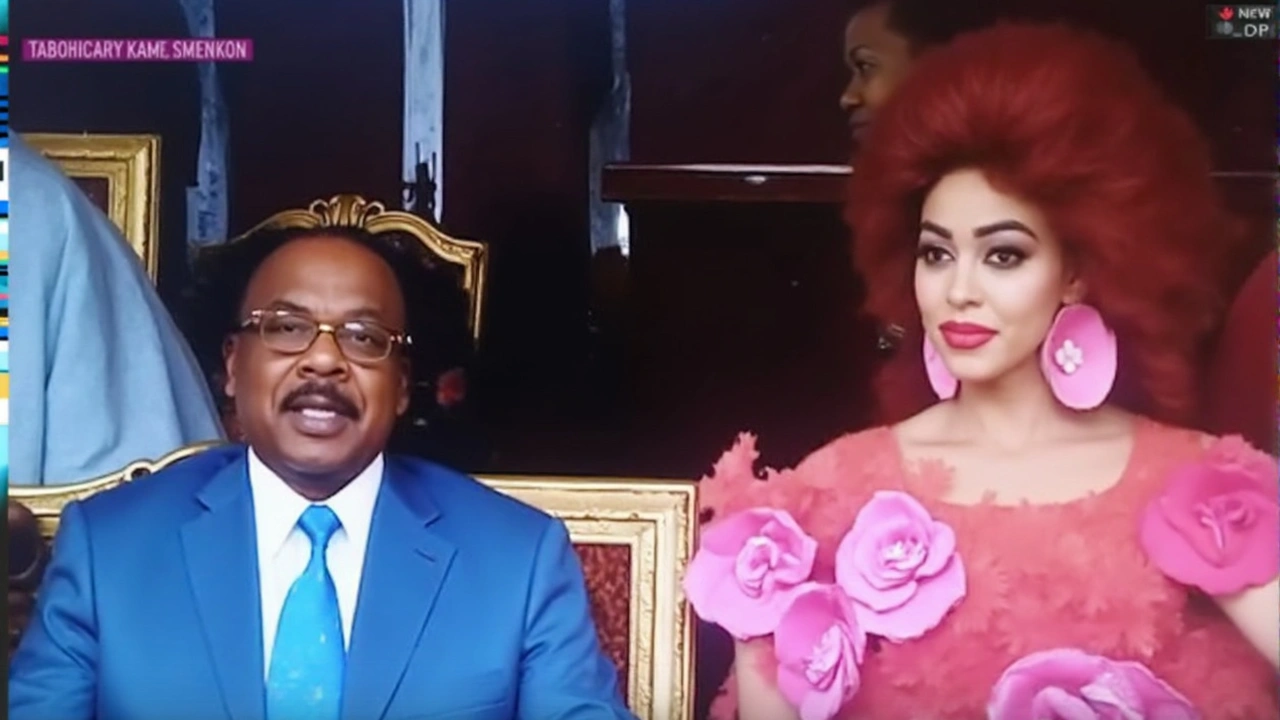Paul Biya: Latest News, Politics and Insights
If you’re trying to keep tabs on Cameroon’s political scene, Paul Biya is the name that keeps popping up. He’s been at the helm for decades, and his decisions still shape daily life for millions. This page pulls together the most recent stories, analysis and background that matter to anyone following Cameroonian affairs.
Who is Paul Biya?
Paul Biya became Cameroon’s president in 1982, making him one of Africa’s longest‑serving leaders. Born in 1933, he started his career as a teacher before moving into public service and eventually the presidency. Over the years, Biya has overseen constitutional changes, multiple election cycles, and a mix of economic reforms and security challenges. While some praise his steady hand, others criticize the lack of political turnover and concerns over human rights.
Understanding Biya’s background helps you make sense of today’s headlines. He runs a one‑party dominant system, and his party, the Cameroon People’s Democratic Movement (CPDM), controls most of the parliament. That structure means many policy moves come from the top, and any shift can ripple through the whole country.
Recent Developments
In the last few months, a handful of stories have put Biya back in the spotlight. First, there’s been a renewed call for constitutional reform. Opposition groups argue that the current constitution concentrates too much power in the presidency and limits fair competition. Biya’s office has responded with promises of dialogue, but concrete steps are still pending.
Second, the security situation in the Anglophone regions continues to dominate the news. Biya’s government has launched several military operations aimed at quelling separatist movements. While the government says these actions restore order, human‑rights observers report civilian casualties and displacement. The tension has sparked international attention and calls for a negotiated settlement.
Third, economic news shows a mixed picture. Cameroon’s GDP growth has slipped slightly due to reduced oil prices and pandemic‑related disruptions. However, the Biya administration announced new investment incentives for renewable energy projects, hoping to attract foreign capital and create jobs. If the incentives pay off, Cameroon could see a shift toward greener industries.
Finally, Biya’s health rumors keep circulating every election cycle. While his office often rebuffs the speculation, occasional public appearances become talking points for analysts who gauge his stamina for governance. So far, there’s no official indication of any health crisis, but the topic remains a steady undercurrent in political commentary.
All these pieces – constitutional talks, security actions, economic moves, and even health whispers – weave together the current narrative around Paul Biya. They illustrate why his name stays relevant and why followers of African politics should stay updated.
Want a quick snapshot? Here’s what to watch next month: a potential parliamentary debate on constitutional amendments, any new peace talks with Anglophone leaders, and the rollout of the renewable‑energy incentives. Each development can signal a shift in Biya’s long‑term strategy.
Stay tuned to Africa Success Daily for the freshest Paul Biya stories, in‑depth analysis, and plain‑spoken explanations. We break down the jargon so you can grasp what’s happening without a PhD in political science.

15
Jul
Cameroon's 92-year-old President Paul Biya has shocked many by announcing he will seek an eighth term. His move has reignited debates about authoritarianism, censorship, and the scattered opposition, with critics questioning both the legitimacy and the heavy hand of his decades-long rule.
Read More
